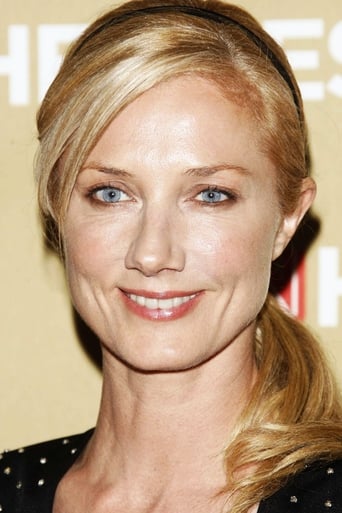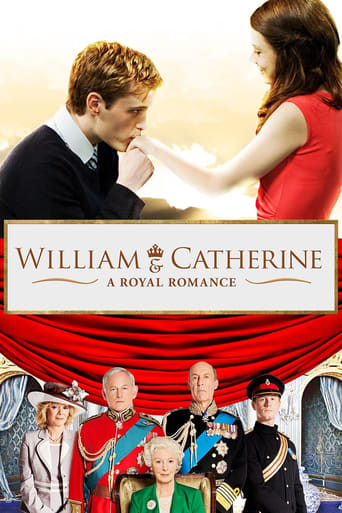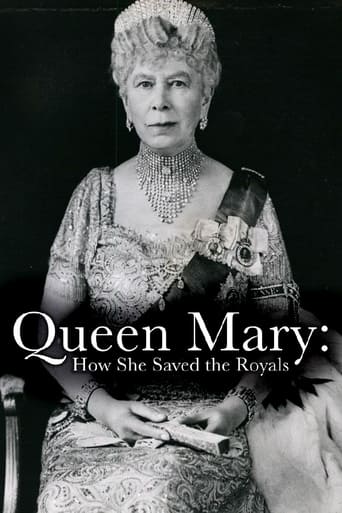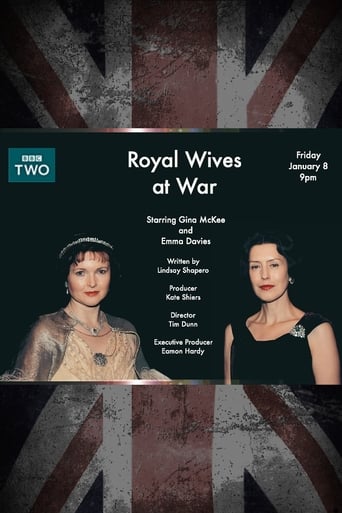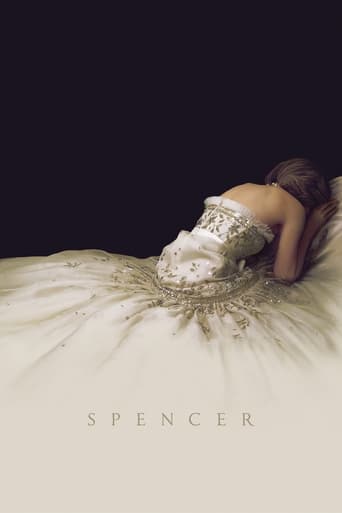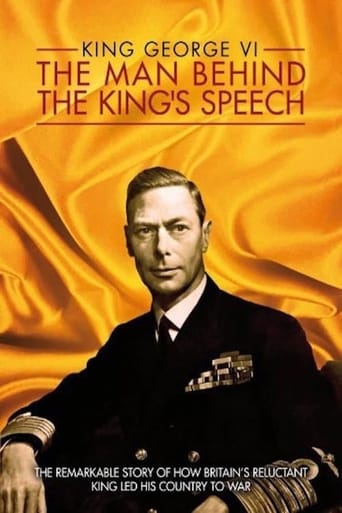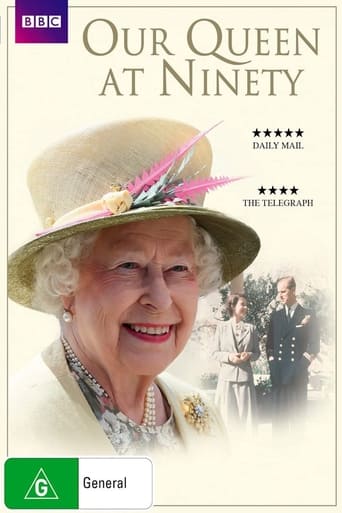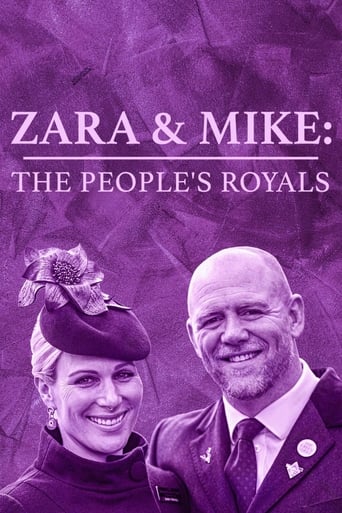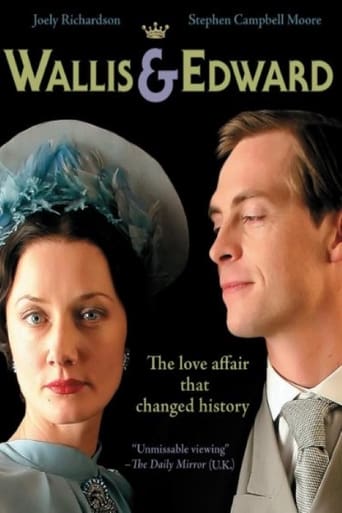
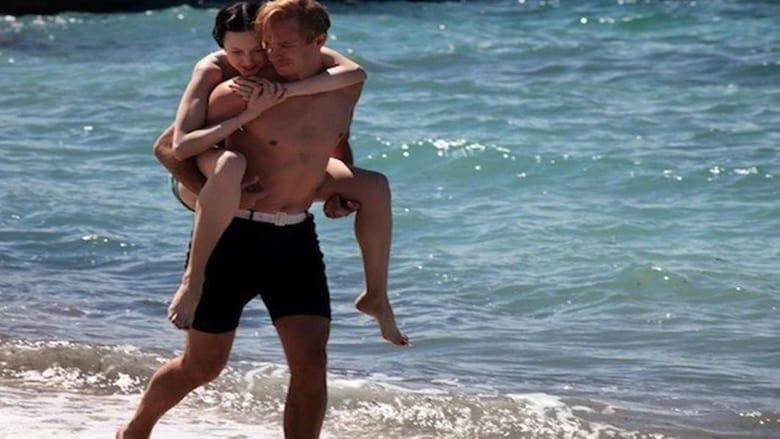
Wallis & Edward (2005)
In 1936, Edward VIII abdicated in order to marry the woman he loved, Wallis Simpson, a twice divorced American. These events caused a scandal around the world and Wallis has since been demonised as the woman who stole the King of England. Wallis and Edward is the first time that the events have been considered from Wallis's point of view. The drama follows the beginning of their affair whilst Edward was Prince of Wales and Wallis was still married to Ernest Simpson.
Watch Trailer
Cast
Similar titles
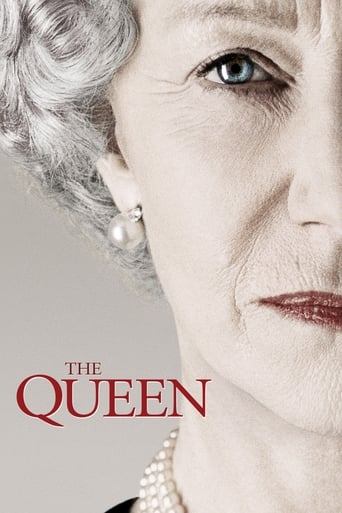
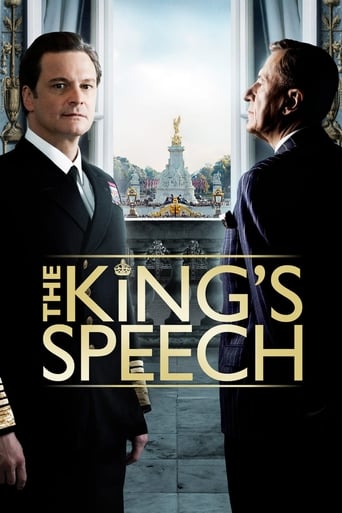
Reviews
Very best movie i ever watch
Overrated and overhyped
Actress is magnificent and exudes a hypnotic screen presence in this affecting drama.
An old-fashioned movie made with new-fashioned finesse.
One can only describe this rubbish as, well rubbish, the writer must have been a relative of Mrs. Simpson to write this drama in such a fashion. I note the decimation of Balomoral Castle was omitted, it would have been called sacking in days of old, but she cleaned out a few rooms, mind you stripping rooms was mild by her other favourite hobby, jewel collecting. Then we have them doing what could be called a state visit to the Nazi party, I thought only the head of state carried out official state visits, and what about the deal they both did with Hitler to put him on the throne as king and her as Queen is Hitler had invaded Britain. What about them dining with Nazis in Portugal while the British Government were trying to get them away from possible Nazi capture, they tried every way possible to get captured. Then we have them as governor of the Bahamas during the war, and hating every day of the post, because the residence was not big enough for their needs, and not enough servants allocated. This was pure and simply a load of rubbish, if the author had went for the truth instead of complete fiction, it might have made it even slightly less boring, but I decided to watch to the end, oh how I wish I'd turned it off after the credits at the start It was an exercise in nothing, as it was no where near to the truth, the only part that was remotely truthful was the abdication speech, well done to the author for that.
I was disappointed in this film and pleased that I rented it before I bought it. I caught the goof where Winston Churchill addresses the Prince of Wales as "Your Majesty" at the Jubilee ball, which for me was a red flag that the writers were not familiar with royal protocol and therefore probably anti-Roaylists. I was also disappointed when the investigations into Wallis Simpson were discussed (it was appropriate to investigate her past if she was the lover of the Prince of Wales) that at that point, nor anywhere else in the film, did they bring up the pro-Nazi connections between Wallis Simpson and the German elite. This is not speculation but historical fact: I have seen the photographs of the Duke and Duchess of Windsor as state guests in Germany greeted by Nazi elite. The rest may be rumor, but this was not and it was absent. Rather than portray Wallis Simpson as a social climbing adulteress, they portray her as a loving wife introduced to the Court of St. James by her husband and wooed by the Prince of Wales. No explanation is given why a Baltimore businessman would be a guest at a royal function. However, when Wallis accepts an invitation to spend a quiet weekend alone with the Prince of Wales, she willingly enters what is obviously a set up for seduction. Then later in the film, she is portrayed as shocked when her husband confesses a long time affair and asks for a divorce. Later,Edward defends her in her two divorces as being the victim. How is a woman who has committed adultery the victim in a divorce ending a wedding of convenience as hinted at several times in the script? This was not an unbiased film portraying the facts of the Wallis Simpson affair, but a romanticized fiction of a true love story of two people (although both are committing adultery as a man courting a married woman). If "The King's Speech" is a better researched, historically more accurate film, then Edward was an irresponsible, self centered, self indulgent man with little respect for the institution of the royal family. In "Wallis and Simpson", Edward is portrayed as a kind, loving, honest man who wanted to modernize the institution of monarchy. I can not believe that one is fiction and the other accurate while at the same time that the true character of Edward lay somewhere in between. Even if you feel that "The King's Speech" was unfair to Edward VIII and Wallis Simpson, they were both guilty of adultery and by law Edward VIII could not marry Wallis Simpson and be king. Yet, the script of this film misleads us into thinking that Queen Mary and Queen Elizabeth (the late Queen Mother) were cold and calculating in trying to separate Edward VIII from the love of his life. When Edward tells Wallis that she is the Duchess of Windsor, but not an HRH, Wallis makes a quip that she is sure that Queen Mary and Elizabeth had something to do with it. How would an American divorcée married to the former king be entitled to the the title HRH? Princess Diana lost this formal address when she and Charles divorced, though she remained Princess Diana, the Princess of Wales. In all, there were so many of these omissions, errors and glosses over character flaws that I believe that the writers wanted a love story with a sad ending rather than a historical film depicting the affair that brought Britain to crisis in 1936. My final opinion that this made for television Canadian film is what is seems: a soap opera love story and not a historical film. I will stick to "The King's Speech" as a historical, researched film depicting the Wallis Simpson affair and the abdication of Edward VIII to marry a woman that British law precluded as acceptable wife for the king.
I read where this dramatization was suppose to be mostly from Wallis' perspective and as such it succeeds. Once she discovered she had dug herself a great big hole she tried like heqq to get out,but alas, she couldn't because her stupid boy-friend, the King of England was in it with her, and her fear of being alone, plus her exile to France thus virtual isolation from him prevented her from knocking some sense into his tiny little brain.Well, good for England and the world in the long run, because if she had been allowed to marry and he remain king, it would have been a disaster for England and the world, since, although quite charismatic and popular, as a monarch he was woefully inadequate.This story is fluffy and gives us a simple picture of the events that took place, but it's somewhat laughable in parts where the dialog (this is 1935-1936) resorts to her saying things like "..flavor of the month.." and describing her feelings toward him to include their intimacy and "..all that other stuff.." It also fails to mention that the primary reason (beyond simple politics)is that he could not marry her was because, as the leader and the defender of the Church of England, he was forbidden to marry a divorced woman and by now she was twice divorced. Edward (David) loved her, she obviously was great in the physical romance department whereas he was privately mimicked, by those who knew, to be inadequate there as well. So, the whirlwind took hold and before she knew it, or could put a stop to it, she got caught in a trap and like the old Elvis Presley song, and there was no way out.So he abdicated, married her and for 35 years they because the most useless couple on earth. Google them and look for the picture of them outside the châteaux in France where they were just married. They are the two most unhappy looking bride and groom you will ever set eyes upon.In short, historically, Edward (David) was stupid, Wallis trapped herself and the whole thing was an unmitigated disaster except for the blessing that the world was rid of this silly little man who would have been an awful monarch.
Viewers with an interest in British history might wish to note that since the first Hanoverian came to the British throne (George I in 1714) it has been occupied by dimwits. These dimwits have fallen into two classes those like Victoria, George V, George VI and the present incumbent, who saw themselves as the slaves of duty and therefore as ceremonial heads of state did little or no harm, and those like George IV, Edward VII and Edward VIII who kicked over the traces, but did less damage than one might have expected. The 1936 abdication crisis was a crisis only for those who believe in monarchy, in this country a minority of about 25%, according to the 1999 Republic referendum. The story has been told several times before on TV is there anything new about this 2005 ITV version, apart from the Baltic locations?.Well, the publicity says there's more of Wallis's side of the story here, but I can't say that's obvious, apart from there being a bit more of Wallis' Aunt Bessie (Miriam Margolyes). Edward is portrayed as the seducer (in a candlelight chalet in winter) but Wallis (nicely played by Joely Richardson) doesn't exactly play hard to get. She had rivals for the post of prince's mistress (Lady Furness and Mrs Ward) whom she easily defeats. At the end she was left with the baby, or at least the immature prince, a duchess without honour exiled to France. Stephen Campbell Moore is about 10 years too young for Edward but his puppy-like demeanour is appropriate. The triviality of the Windsors is shown by the fact that it wasn't the loss of the Crown that irked them so much as the establishment's refusal to give Wallis the title "Her Royal Highness". Diana, of course, had exactly the same beef, but then she was demoted on her divorce. Camilla (for the moment) is a mere duchess, but is also "HRH". Winston Churchill, robustly played here by David Calder, was a principal supporter of Edward just because he was a prince, but then Winston was a rather romantic old Tory.Nazi sympathies were not uncommon in the British upper classes prior to World War 2 ("those Nazi chappies certainly know how to make the trains run on time") but if an invasion of Britain by Germany had been successful (and it was a closerun thing), Edward, given his sympathies would have been the front-runner for puppet King. Edward was an undistinguished governor of the Bahamas between 1940 and 1945 but the main reason for that appointment was to keep him out of the reach of the Nazis. (Down under we got his younger brother, Prince Henry, who was even dumber than Edward, as GG (1942-1945), but a bit better behaved). After that he and Wallis spent the remaining 27 years of their marriage in very comfortable and well-deserved obscurity in Paris. One is left with the feeling we got lucky.This production has a nice sheen to it and the 30s' era is well evoked. There are some other good performances, particularly 80 year old veteran Richard Johnston as Wallis' nemesis, prime minister Baldwin, and Julian Wadham as Edward's not exactly loyal private secretary Fitzhardinge.

